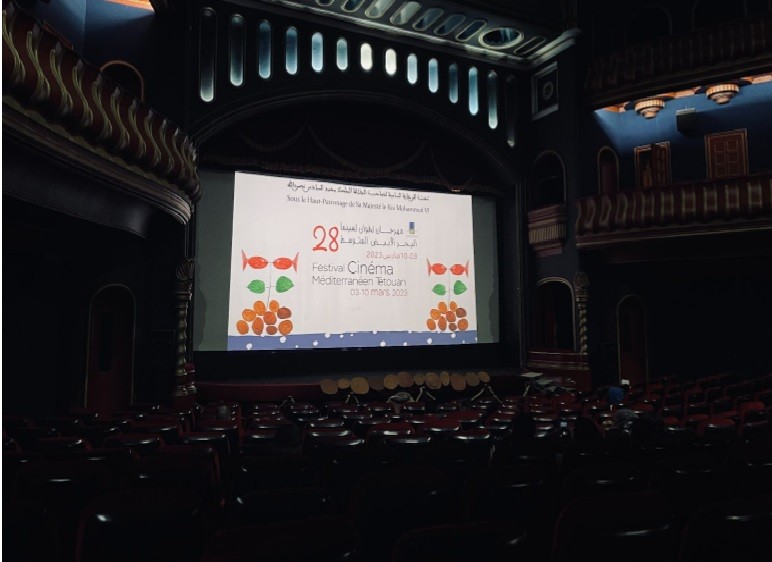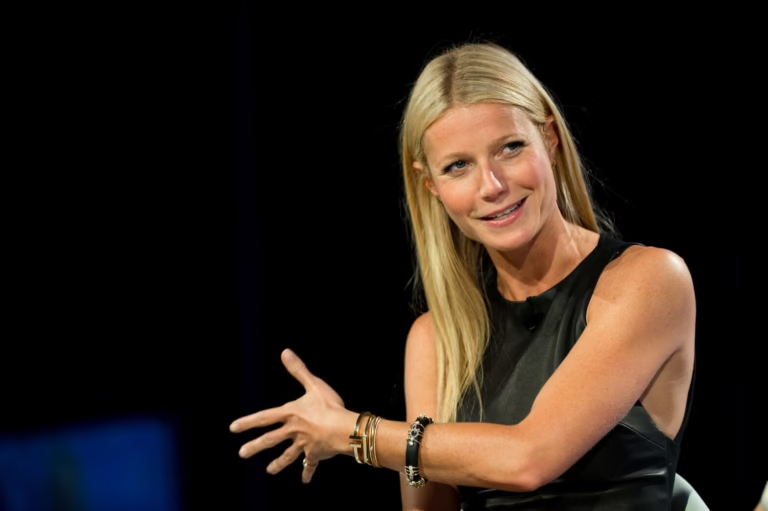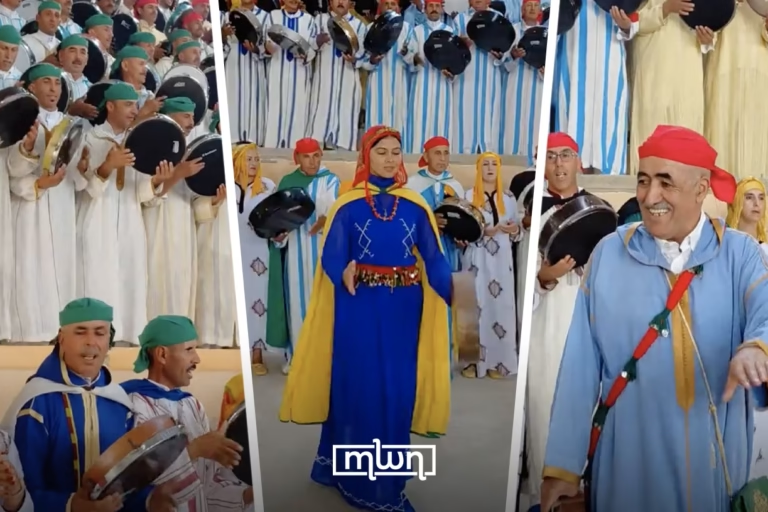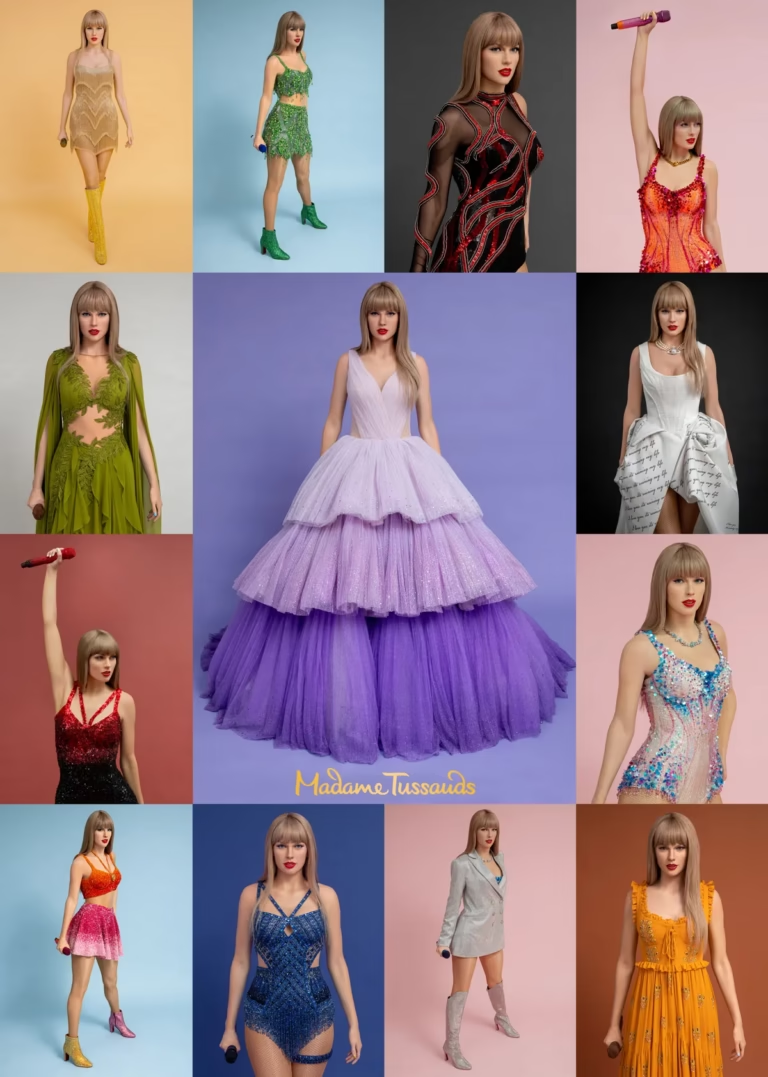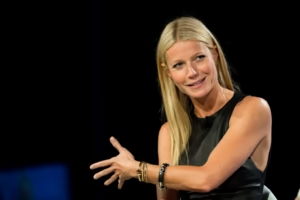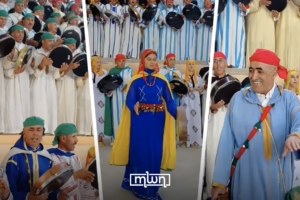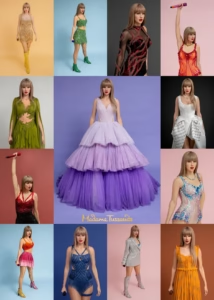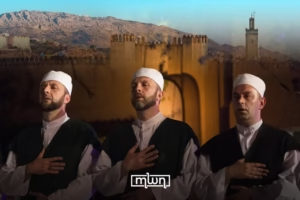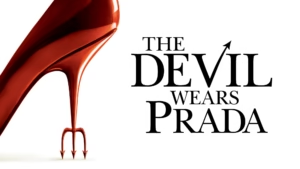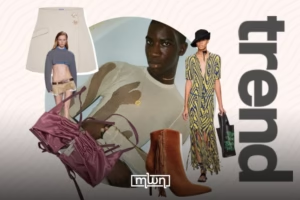A film festival conjures images of stars dressed in the latest fashion striking poses on the red carpet for flashing cameras, or perhaps of crowds gathering in front of a silver screen for a highly-anticipated premiere. The 28th Tetouan Mediterranean Film Festival held from March 3-10 embodied all this excitement and more.
Beyond big-name organizers and filmmakers, Morocco World News spoke with festival attendees to learn about the diverse group of people brought together by the entertainment, networking, and educational opportunities there.
Inside a screening: casual gathering for entertainment
The humble exterior of Teatro Espanol conceals a grand interior with gold gallery railings and an intricately-decorated proscenium arch. Each day of the festival, screenings take place here from late afternoon well into the night.
MWN attended a screening of Moroccan Director Hassan Benjelloun’s 2019 film “For the Cause,” in which a Palestinian man and a French woman find themselves trapped on a bridge between the Moroccan and Algerian borders. The multilingual film — with conversations in Spanish, French, English, and Arabic, including Darija and Shami — reflects the festival’s own linguistic diversity at the crossroads of Mediterranean cultures.
Most attendees that MWN interviewed had no specific reason for choosing the film but happened to be in the area and wanted to watch a movie. A large family, for example, attended the screening to support their son who works as a security guard there.
One member of the family, Fuoad Mhimden, pointed out the disconnect between the family-friendly nature of a film festival and the more mature aspects of the film that included nudity and intimacy. Especially in Morocco’s conservative culture, such scenes are not appropriate for a family, he believes.
A group of teenage girls spoke on their differing perspectives on their media consumption: One girl finds Moroccan films boring and only watches international media, especially Korean dramas, reflecting Morocco’s growing love for Korean-produced media. Another said that while Moroccan cinema was boring in the past, recent works have become much more engaging.
Among the group, there was a loyal supporter of Moroccan cinema who resides in France. Watching Moroccan cinema allows her to see her culture and dialect represented, she explains.
Inside a panel: opportunity for professional growth
A day after the relaxed and casual atmosphere of the screening, MWN heard from the film director Benjelloun. Gone are the families and teenagers seeing the movie on a whim; instead the conference room was filled with people whose careers are devoted to the entertainment industry.
Aspiring actress Lara Ouahbi and actor Merouane Britel attended the festival for its excellent networking opportunity, they told MWN. They hoped to learn from the experienced director’s event and boost their careers.
As for Spanish writer Elena Lopez Gomez, author of the novel “Marina of Beirut,” she feels a kinship with Arab cinema due to her experience living in Lebanon. Morocco is known for its strong foothold in the cinema world, she said, so she hopes to learn about auteurist films — similar to indies — to inform her writing as a film critic.
Other attendees included famous personalities, including renowned Moroccan actor Mohamed El Jem.
Networking circles scattered as the panel officially began. Benjelloun discussed his own life story, recounting his childhood in oppressive colonial days and his filmmaking career, with a focus on social films that raise awareness for issues such as health care and LGBTQ+ experiences, sometimes venturing into tricky domains for a male director, such as women’s hammams (public bathhouses).
“When you direct a film you feel at ease because you infuse it with the accumulation of your life journey,” he said.
Then came the question-and-answer segment. Most of the questions were asked by famous personalities. Having already established their careers in the industry, they also shared their experiences, which was followed by frequent laughter and applause.
Inside a workshop: training for fledgling filmmakers
Tucked away in an intimate theater under Tetouan’s French Institute was the workshop named Developing Talents in Short Film. Because of its private nature, MWN was the only press at this private workshop, its secluded calm in stark contrast against the endlessly clicking cameras at screenings and panels.
Four students from each of the three top cinema schools in Morocco were selected for their outstanding studies to attend a series of six workshops, Tetouan Mediterranean Film Festival’s Director Alix Ferraris told MWN.
In fact, the 28th edition is the first time the festival organized an educational aspect, Ferraris said. These workshops aimed to sharpen cinema students’ screenwriting skills, culminating on pitch day when students give three-minute presentations to professionals and receive feedback to learn how to effectively pitch their idea.
The 12 students had read the scripts of and watched two movies by renowned Corsican Director Francescu Artily, who was there to talk with them about making the final script into a film, Artily told MWN. Institute of Press and Information Sciences (IPSI) teacher Mohamed Tarek Ben Chaabane also shared his thoughts on the movies from the perspective of a film critic.
Boubala Manar, a directing major at Rabat’s High Institute of Audiovisual and Cinema Professions (ISMAC) and a student at the workshop, shared her takeaways with MWN.
“We all adored [Tarek Ben Chaabane] quite a lot. Not only did we hear insightful and objective opinions from professionals, we also learned from other top students at different cinema schools, private and public,” she said.

